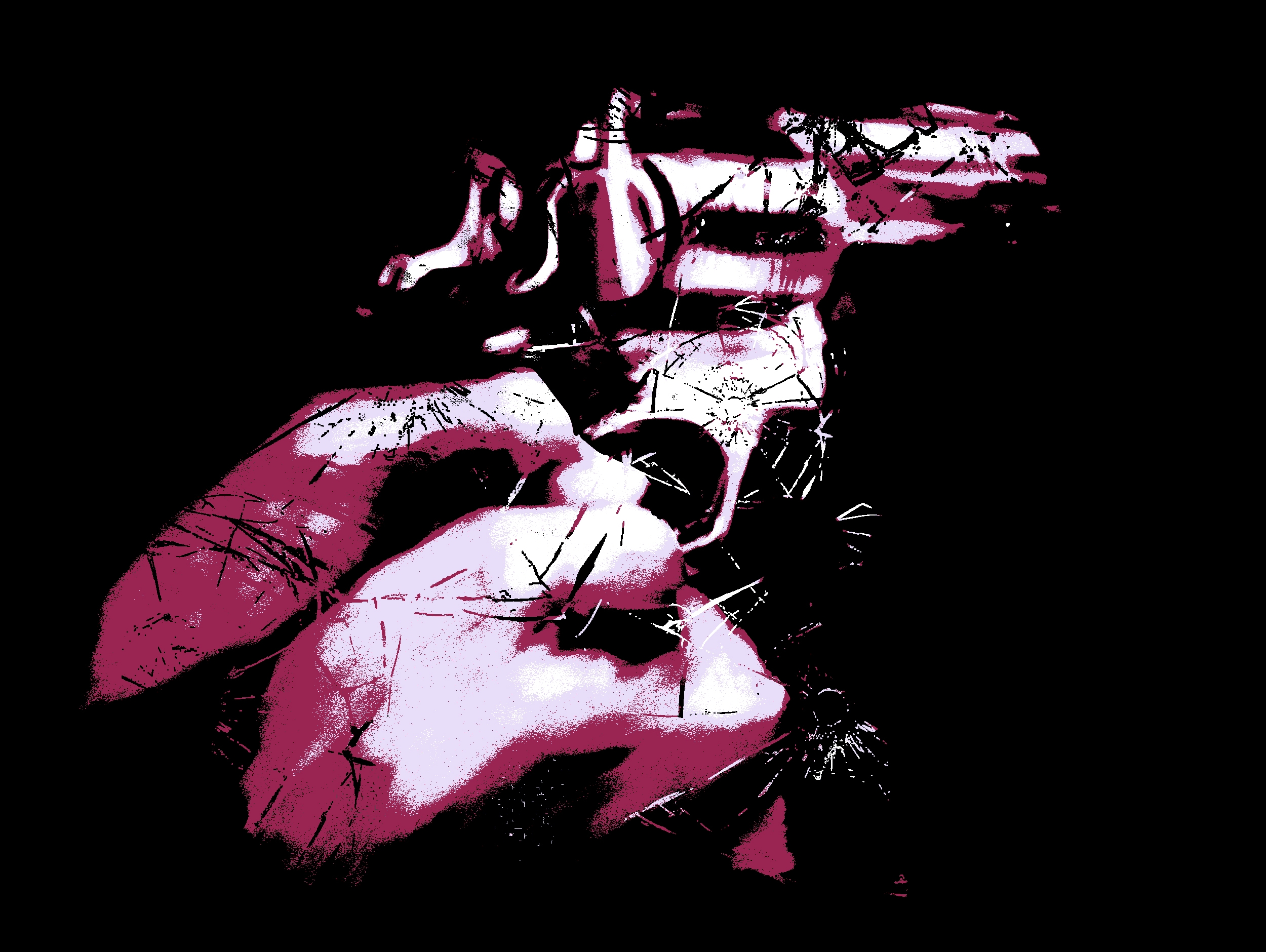Munirul-Haq Raza | News Editor
Featured image | Aubrey Garcia
Despite the lack of a connection between mental illness and violence, the media appears to portray every violent act as a mental health issue.
This irresponsible conjecture reinforces a false perception of those with mental illness as unstable, with a lack of self-control, and prone to break out into violence without a moment’s notice. This framing of mental health was hilariously demonstrated to be false by talk-show host John Oliver on his hit HBO show Last Week Tonight with John Oliver.
This narrative is not innocent—it leads to a hurtful perpetuation of people with mental illness, who are, in fact, more likely to be victims rather than perpetrators of violence. The broad scope of mental illnesses gets diluted when they are all (often incorrectly) attributed to violence.
Further, there are many issues with the way law enforcement handles mental illness. While most people with mental illness may not commit crimes, they still face a high rate of contact with police.
Plus, while most people with mental illness are not violent, they are often at an increased risk of suicide and self-harm.
Gun violence, as a study by Jonathan Metzl and Kenneth MacLeish shows, occurs when both people and guns combine in a destructive way, pointing to a social context that can not be described by mental illness.
This narrative not only adds to the stigmatization of mental illness, but also impacts how we as a society deal with it. How we shape public policy is not done in isolation from our media landscape—one that must change in order to support the other.
As the Canadian Mental Health Association noted, people with mental illness are no more likely to be violent than those without mental illness, yet one in four claim to feel fearful when around those with serious mental illnesses. They further push the media rhetoric of violent stories involving mental illness—that in turn may make them more likely to support coercive treatment—while emphasizing fewer positive stories of mental health, such as recovery.
This irresponsible reporting has a negative consequence, but many of those reporting do not seem to care, as it will probably have no effect on them.
When you turn on the television, you often see media commentators playing the role of an amateur psychologist.
Today, let’s break down the highly-stigmatized dialogue around mental illness. Allow for trained psychiatrists, psychologists, and other trained mental health professionals to do the job of diagnosing and assessing a person’s state of mind, instead of media personalities and commentators.
Let people with mental illness speak for themselves about their own experiences. Perhaps society—and the media that informs it—can do the job of listening for once, rather than talking.




